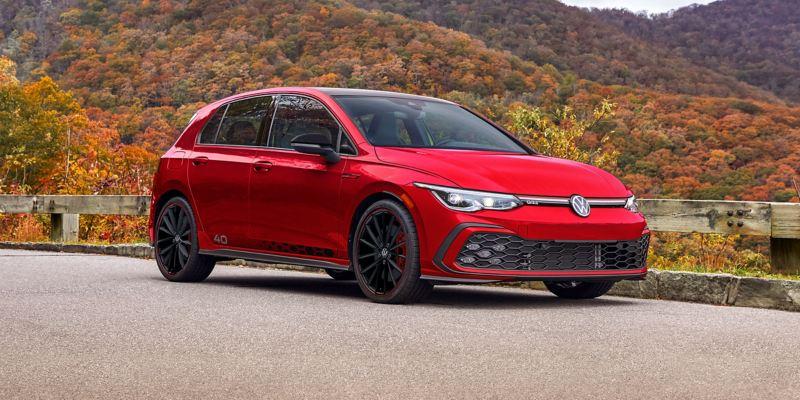Whether you’re an off-road enthusiast or thinking of buying an SUV for the first time, it’s incredibly important to take diligent care of your vehicle.
Whether you’re heading out on a quick drive or you’ve planned a longer, rugged adventure, maintenance should be a priority. But before you reach for the jack, just make sure you know the risks of working under vehicles and the importance of proper clearance and support.
Keeping it clean and performing regular checks might feel like a chore, but these simple tasks could prevent breakdowns and keep your vehicle running smoothly through the harshest conditions.
Looking after your off-road rig: Our top tips
- Keep it clean
Cleaning your vehicle regularly not only helps it to look pristine but promotes better performance, too. If you’re taking the vehicle out to a dusty or muddy track, it’s not unusual for the entire rig to be caked in thick dirt and debris.
You should clean it off as soon as possible to prevent dirt and debris from damaging internal components. If you’re able to do so safely, paying close attention to the undercarriage could prove invaluable for your vehicle too.
- Monitor fluid levels
As with any other vehicle, you’ll need to keep a close eye on the engine oil and coolant to keep your off-roader working efficiently. If you’re driving an older vehicle, it’s a clever idea to get into the habit of checking these fluids before each long journey you take.
Always follow the manufacturer’s recommended guidelines and never fill past the maximum marker. If you’re unsure on how to find the required fluid for your specific vehicle model, don’t hesitate to ask another local mechanic.
- Use quality additives
Whether you’re looking to refine your engine performance or you need a quick fix for an issue, additives can be useful for all-terrain driving. Always make sure to use high quality lubricants from suppliers like RS to reduce friction on moving components. Lubricants can also be used on your steering and suspension parts to support a smooth, enhanced ride feel.
- Maintain your tyres, wheels, and suspension
Between shorter trips or just as frequently if you’re on a long-haul drive, make sure you’re looking at your tyres and wheels regularly. Check for cracks, rubbing marks, and any foreign objects that might be jammed in your tread from your adventures.
Furthermore, suspension is vital for bumpy off-road travelling. Ensure that your shocks are optimised and that all springs are tight; if you drive a 4×4, make sure to check driveshafts and CV joints regularly too.
- Know your limits
Along with ensuring that the mechanical components of your car are safe, high quality, and in good working condition, it’s sensible to drive according to the conditions too. Learning about driving in snow before hitting the roads in winter could be more than worthwhile too.
Being a responsible driver also entails knowing the terrain and conditions that your vehicle can withstand. You need to be able to recognise the proxemics of your vehicle too, especially if you’re planning on driving fast on uneven or rough surface types.
- Add external protection
If you’re planning on doing extreme driving in your offroad vehicle, certain additions could help to protect the paint and bodywork of your vehicle. Skid plates, for example, could take a hit from underneath that could otherwise knock your oil pan or gearbox. Shock absorbers are essential for high-speed off-road driving too.
Owning a car cover is another essential addition that can help protect the paint and bodywork from the elements when you’re not behind the wheel. Skid plates and shock absorbers may safeguard the mechanical components, but a car cover provides an extra layer of defense for the exterior as well as inner car parts, ensuring that your vehicle remains in top condition. Worth to mentioned, that you should get a custom-fit car cover, for example Jeep Wrangler Cover, for a snug and secure fit and optimal protection.
Promoting long-term vehicle health
Lastly, you should always consider the longevity of your vehicle if you’re planning on pushing it to its limits. Always prioritise your own safety and that of any passengers – but if you’re taking your off-roader out every weekend, you’ll need to be prepared to spend a little more on maintenance

